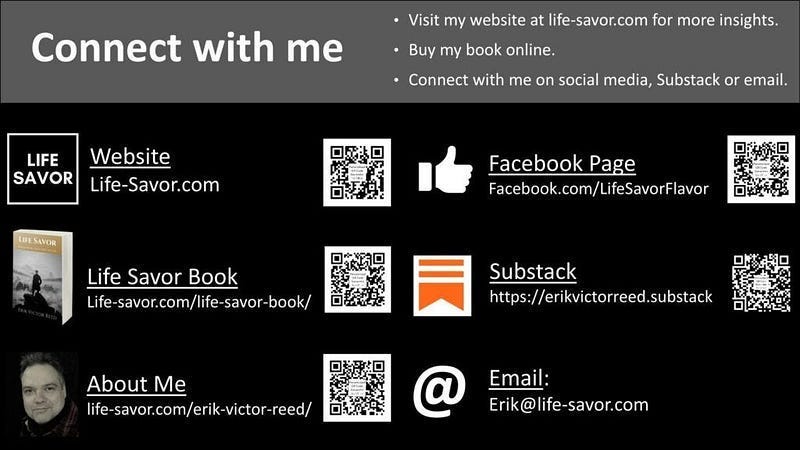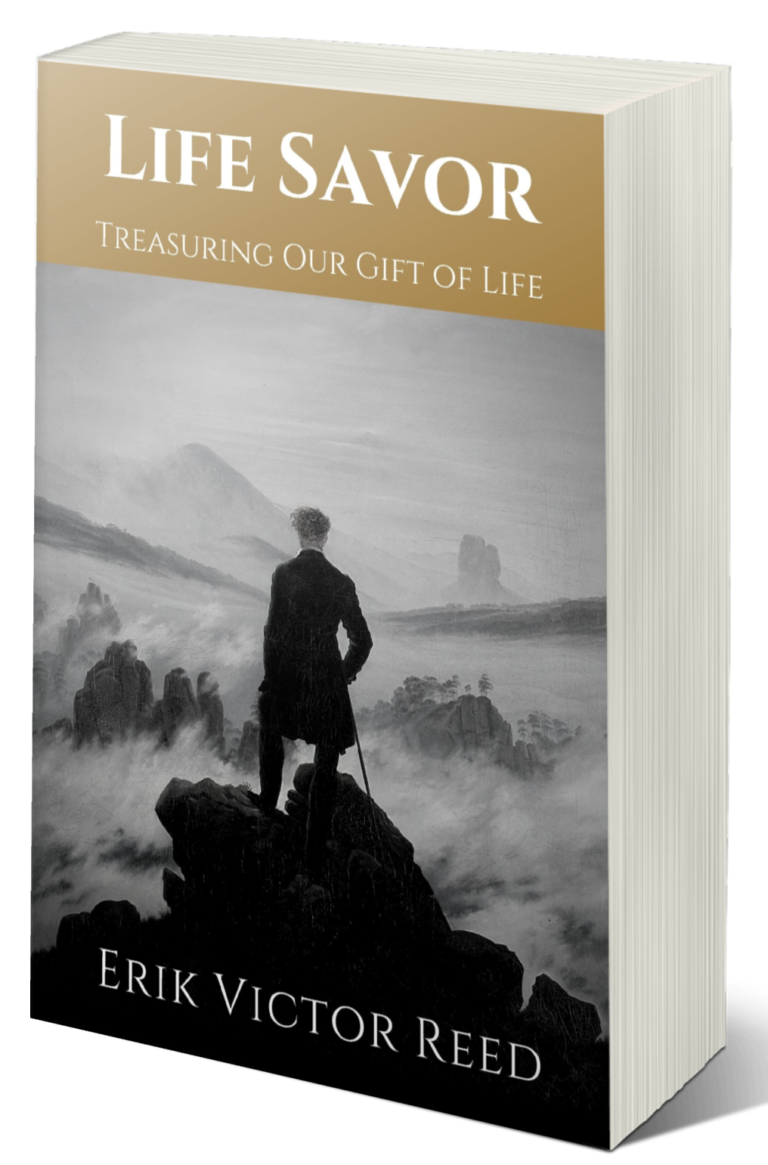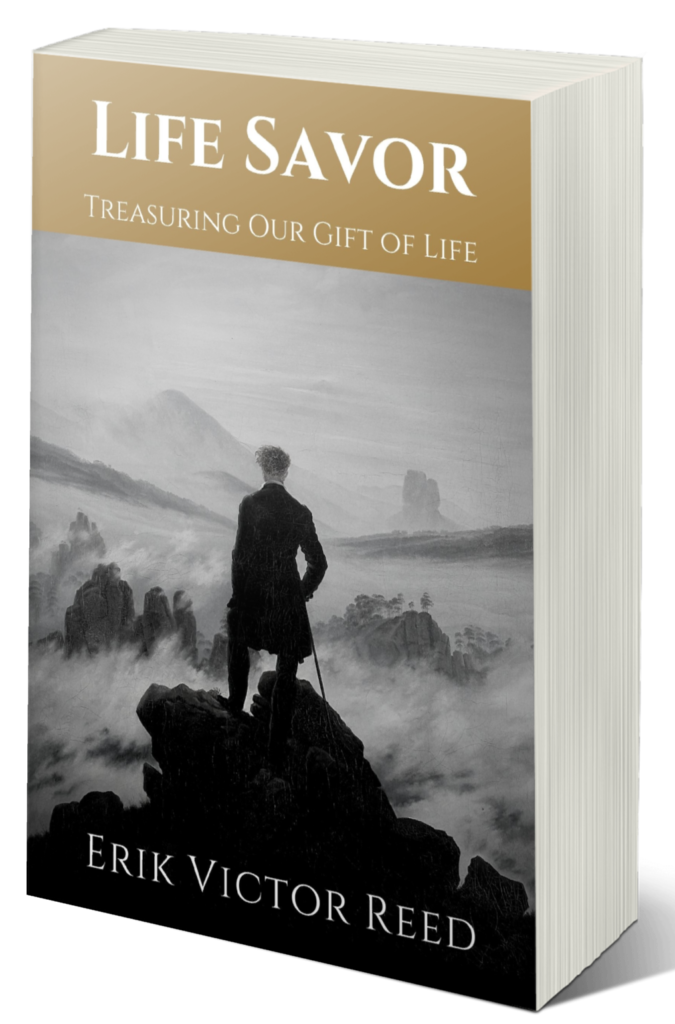Loving life as the root of choosing it
Human beings face a strange paradox. We must choose to live — but to choose life, we must already value it. No other creature has this problem. A cat does not wake up wondering whether existence is worth it. A tree does not debate whether to grow. Only we, as volitional beings, must look at life and say, Yes, I want this.
That “yes” cannot be forced. It must come from love.
To want to live, we need to love life. And to love life, we must see the gifts in it — and the gift of it.
Love as Incentive
Survival alone is not enough. You can breathe, eat, and sleep without truly wanting to go on. What stirs the will to live is not the mechanics of existence but the love of what existence contains. And what we see in existence.
It might be the warmth of a child’s hand in yours. Or the thrill of a melody rushing through your body. Or the sheer improbability of being here at all, able to think, to imagine, to choose.
These are not luxuries. They are incentives. They tilt the scale toward “yes.” They remind us why life is not just a burden to endure but a wonder to embrace.
A Scene of Reckoning
Imagine someone lying in a hospital bed, weak after surgery. Machines hum, tubes snake across the sheets. The person is alive, but barely. Then a friend enters, sits quietly, and tells a funny story. The patient laughs — a weak laugh, but real. In that moment, life regains its pull.
The laugh didn’t cure the illness. But it reminded the patient why to keep going: because within life, there are still treasures to experience.
We need those reminders. Without them, life feels like nothing but obligation. With them, it feels like gift.
Loving Life in Childhood
As children, we know instinctively how to love life. A puddle becomes an ocean. A cardboard box becomes a castle. A summer afternoon stretches into eternity. We throw ourselves into play without calculating whether it’s “useful” or “serious.”
Adults often forget this. We trade wonder for efficiency, joy for status. But the child’s way is not foolish. It is the most rational incentive to keep choosing life: to find it lovable.
If life ended at twelve, those “silly” moments would not be rehearsal — they would be the whole show. The crushes, the games, the discoveries would be the treasures of a finite existence.
That is why loving life matters at every age.
Mortality’s Clarion Call
Death clarifies the stakes. If life were endless, we might take it for granted. But because it is not, every gift becomes sharper. The meal tastes better knowing it won’t last. The friendship deepens knowing it is fragile. The sunrise dazzles knowing it is numbered.
Mortality insists that we do more than exist. It presses us to savor. It whispers, This won’t last. Love it while you can.
Practices for Loving Life
How do we keep this love alive, especially when stress and sorrow cloud our vision?
- Notice the gratuitous. Look for what is given freely: the sky, the wind, the laughter of strangers.
- Name your treasures. Write down what made you glad to be alive today, however small.
- Create occasions. Plan dinners, walks, or celebrations not because they’re about status or ambitions, but because they remind you why life is sweet.
- Borrow the child’s eyes. Let yourself play, even for a moment. Let wonder interrupt your seriousness.
These practices don’t deny hardship. They coexist with it, offering the counterweight that keeps us from tipping into despair.
Closing Thought
We cannot be argued into life. We must be enticed. The argument is survival; the enticement is love.
To want to live, we must love life. And to love life, we must see its gifts. That is why gratitude is not optional. That is why appreciation is not fluff. They are the roots of enduring the often-difficult job of life.
One day, our lives will end. But until then, we get to say “yes” — not out of obligation, but out of love. And that “yes,” repeated daily, is what turns existence into celebration.
For more like this, visit the broader project at life-savor.com, or explore the Life Savor book itself.
To learn more about Life Savor’s philosophy,
read Life Savor: Treasuring Our Gift of Life by Erik Victor Reed.








